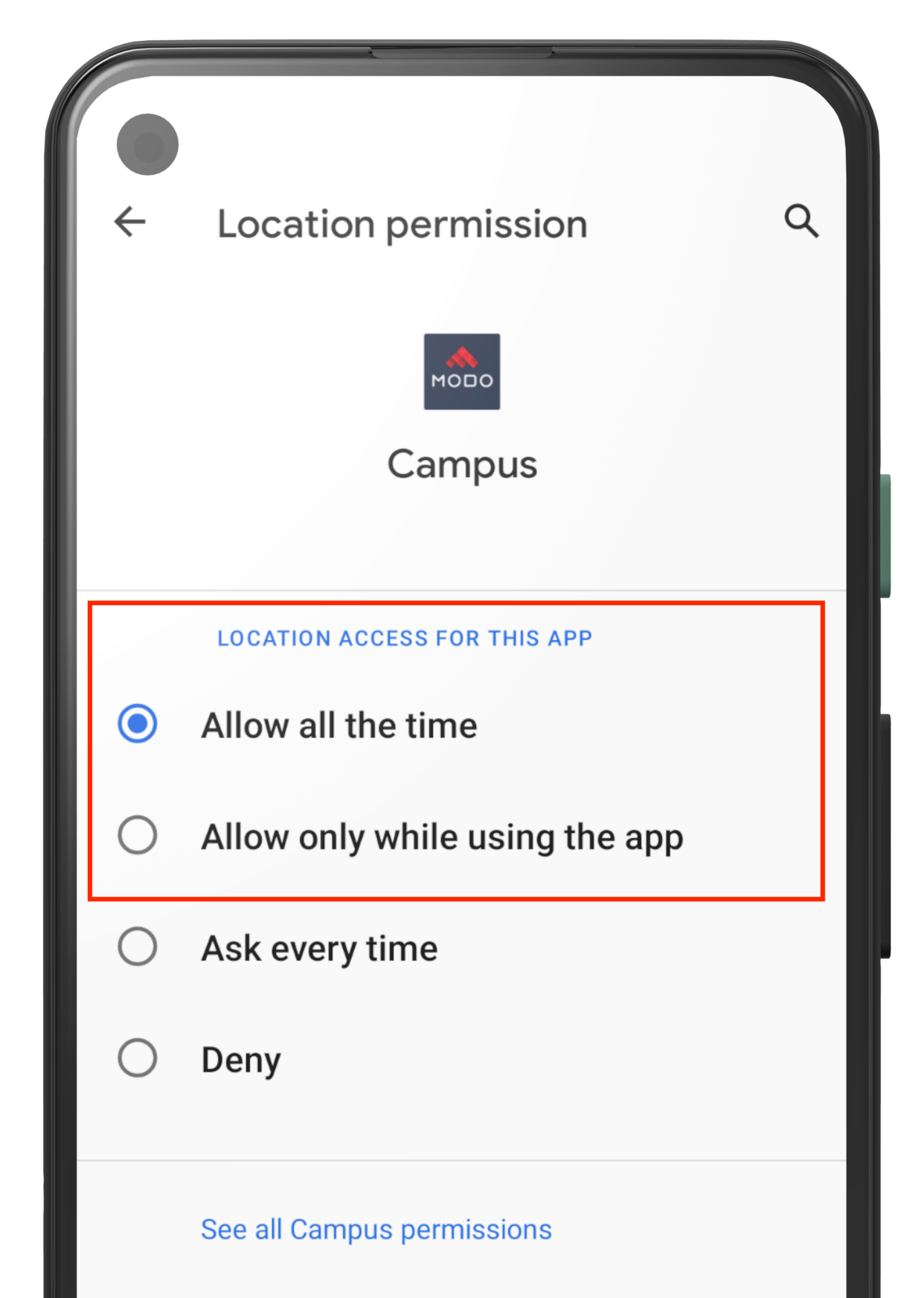Privacy Statement
Your privacy is important to us. Colgate University is committed to safeguarding all personal information that is recorded and provided to us. This privacy statement explains what personal data Colgate University collects from you, through your interactions with us through our services, and how we use that data.
Our Privacy Notice explains:
- What information we collect and why we collect it, and
- How we use that information
Personal Data We Collect
Colgate University collects data to operate effectively and provide you the best online experiences. This data is recorded based on how you interact with our services, e.g. website and email notification, by using technologies like cookies, troubleshooting error reports, or usage data. We also obtain data from authorized third parties through a partnership agreement and/or contract. This is not an exhaustive list, but some of the data we may collect includes:
- First Name and Last Name
- Phone Number
- Email Address
- Country
- Device Information - such as your hardware, operating version, etc.
- IP Address
- Usage information - analytics technologies such as Google Analytics
How We Use Personal Data
Colgate University uses the data we collect to operate our business and provide you the services, which includes using data to improve these services and personalize your experiences and emails. We also may use the data to communicate with you, for example, informing you about programs, events, and important deadlines.
Sharing Personal Information
Colgate University shares personal data with authorized external third parties, contracted or under a partnership agreement with Colgate University to provide services, or when required to comply with legal and/or law enforcement requirements. Colgate University does not sell, share or otherwise provide personal data to any unnecessary third parties.
We will share personal information with companies, organizations, or individuals outside of Colgate University if we have a good-faith belief that access, use, preservation, or disclosure of the information is reasonably necessary to:
- Meet any applicable law, regulation, legal process, or enforceable governmental request;
- Enforce applicable terms of service, including investigation of potential violations;
- Detect, prevent, or otherwise address fraud, security, or technical issues; and/or
- Protect against harm to the rights, property, or safety of Colgate University, our users or the public as required or permitted by law.
Cookies & Similar Technologies
Colgate University uses “cookies” — small text files placed on your device — and similar technologies to provide a customized experience on our websites and online services and to help collect data. Cookies allow us, among other things, to:
- Store your preferences and settings;
- Provide interest-based responses; and
- Analyze how our websites and online services are performing.
We also use web beacons to help deliver cookies and gather usage and performance data. Our websites may include web beacons and cookies from third-party service providers.
Updates to this Privacy Statement
Colgate University may update its privacy statement from time to time, to reflect the trends and expectations related to data privacy and security. Those updates will be incorporated within this statement. If you wish to receive notifications when this privacy statement is updated, please opt in to the privacy statement mailing list.
Colgate Mobile App
Use of Android Background Location Services
This app accesses device location data to enable some features, even when the app is closed or not in use:
- Displaying notifications relevant to your current location
- Enabling you to unlock a door with your phone
If you do not wish to allow the app to access this information while the app is closed or not in use, follow the instructions below to update your app's location permissions.
In all cases where location information is accessed while the app is closed or not in use, the app uses either the device's geographic coordinates (latitude and longitude) or its proximity to a specific Bluetooth beacon to determine if something should happen in the app.
For example, if you enter a geofence that has been associated with a notification, you may receive that notification.
In all cases, location information or Bluetooth beacon proximity is solely used to determine if that action should occur. That information is never used for any other purpose, nor is it retained beyond its use.
Follow these steps on your Android device to update the app's location permissions. Instructions may vary for your device's specific manufacturer and Android OS version:
- From the home screen, open the Settings app.
- Find your app's location settings. This may either be in the "Location" section of the Settings app (newer Android versions) or within the "Permissions" section of the app's settings (older Android versions).
- Depending on the Android version, you may see different options. If given the option, the "Always" selection enables location services to be used while the app is closed or not in use; "Allow only while using the app" will restrict these permissions to only allow location information to be accessed while the app is open and being used.
You can see an example of these permissions on Android 11 in the screenshot below.
